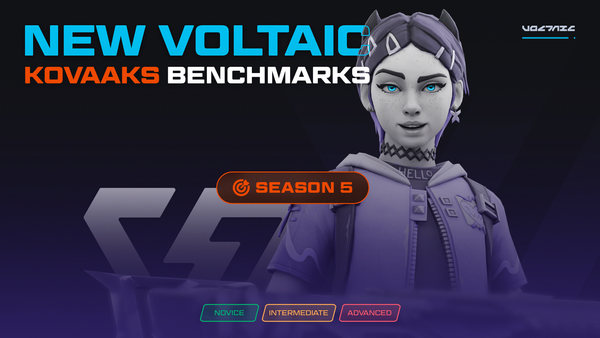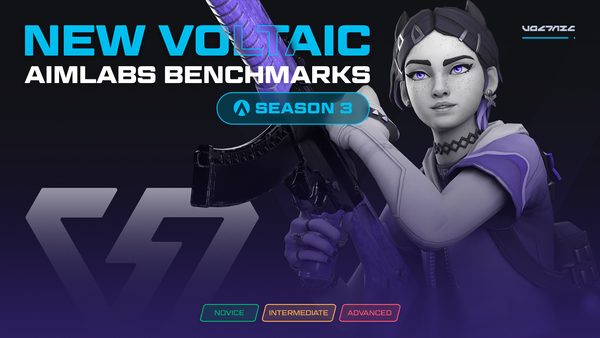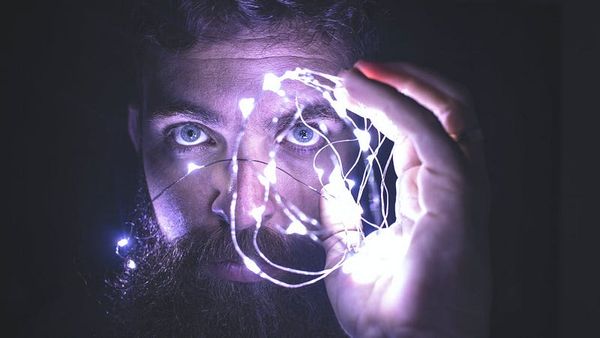The importance of a healthy lifestyle for performance in (FPS) games
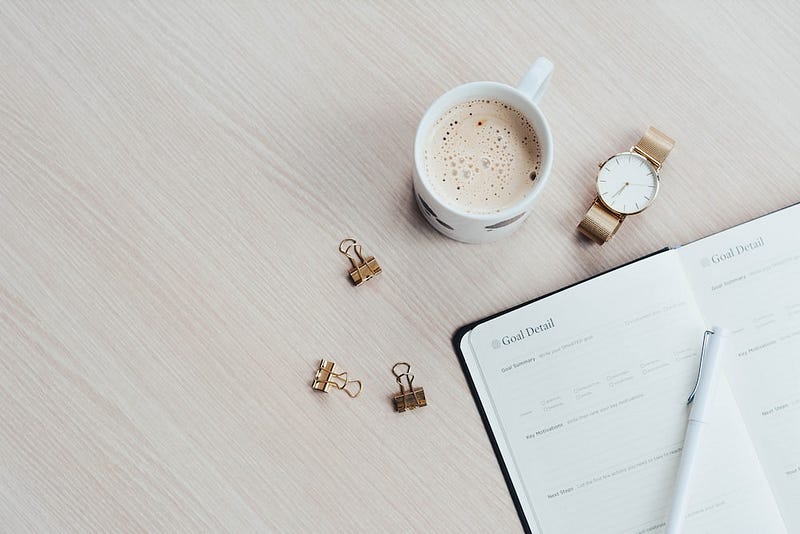
Meditation. Diet. Exercise. Sleep.
Did you immediately cringe and roll your eyes at the mere sight of these words?
What if someone said that meditation can improve your reaction time by 20% and that a short bout of exercise can improve it by 11.5%?
Did you suddenly cock your head and sit a little straighter?
We gamers are always told to “be healthy,” but what does that mean exactly, and more importantly, how does that benefit me?
Let’s look at these “healthy habits” through the lens of improved gameplay.
Cognitive function and reaction time.
Cognitive function is a term that relates multiple concepts such as memory, focus, executive function, and mood. Think about playing an FPS match; we need to focus on the task, we need to memorize important information, we need to strategize and plan our next move, and we perform better when motivated and worse when tilted. Improved cognitive function leads to better performance.
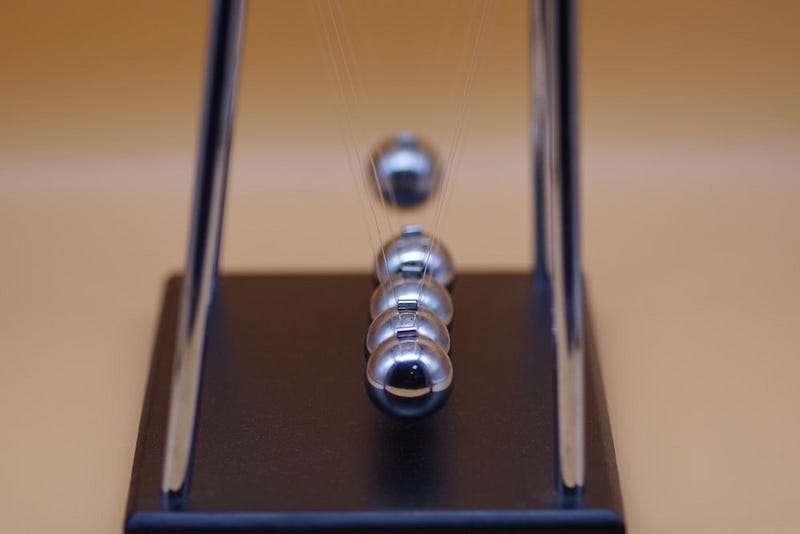
Reaction time. A coveted and (over)glorified metric of our gaming prowess, but what is it?
Reaction Time (RT) is a measure of sensory-motor association. It’s the elapsed time between a sensory stimulus (auditory/visual) and a subsequent response. The time between seeing or hearing something, processing it, and reacting accordingly. RT provides an indirect index of the processing speed and capability of the central nervous system, concentration, and cognitive skills.
Is there a magical way to improve our reaction time and be able to make those sick montages?
Meditation. Diet. Exercise. Sleep.
Healthy habits don’t sound sexy, nor are they quick fixes, but they are consistent, proven, and reliable ways to improve your cognitive function, reaction time, and overall gaming performance.
Let’s look into it a little bit more.
Sleep
Sleep deprivation causes neurons to respond slowly, fire weakly, and their transmissions drag on longer than usual. These effects were studied on visual processing, showing that encoding information and translating visual input into conscious thought took longer. Also, it decreases the assortment of relevant vs. irrelevant visual stimuli. Working memory is also affected. Any helpful information you need to recall and integrate into a decision in the game will be hindered. This means poor short-term memory, reaction time, vigilance, and degraded mood.
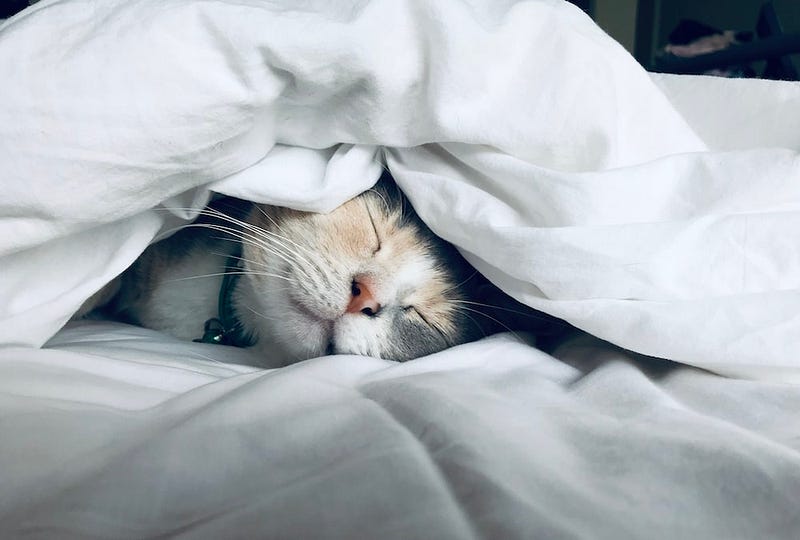
When we are underslept, our body experiences a need for sleep, a need to stay awake, and a need to perform tasks. These competing drives interfere with our attention from moment to moment, leading to cognitive impairment and an increased reaction time.
Another thing, people who are sleep deprived have been shown to be horrible at assessing if they are sleep deprived. This, combined with cultural norms of “late nights,” artificial lights, and increased screen time, messes up our circadian rhythm and general health.
Sleep deprivation, even getting 6 hours of sleep, for a prolonged period, leads to a similar reaction time of someone with .1% alcohol in their blood.
Try to make a montage while drunk.
Let’s aim for those 8–9 hours and a reasonable bedtime. Full guidelines on sleep hygiene in our lifestyle document!
Exercise
Sounds like a hassle, but even a single bout of exercise can have immediate effects on your cognitive function and reaction time.
Thirty seconds of intense exercise decreased RT from an average of .303 to .268. That is an 11.5% improvement.
A single bout of exercise increased Brain-Derived Neurotrophic Factor (BDNF) concentration in the blood by 32%. BDNF (Brain-Derived Neurotrophic Factor) is a chemical essential to neuronal plasticity (learning), neurogenesis, neuroprotection and even help against obesity. Decreases in this chemical leads to neuronal loss and diseases like Alzheimer, Parkinson, etc. Interestingly it’s been shown to affect the hippocampus, an area of the brain that is most commonly associated with memory, learning and spatial navigation. BDNF primes the brain to learn better and faster.
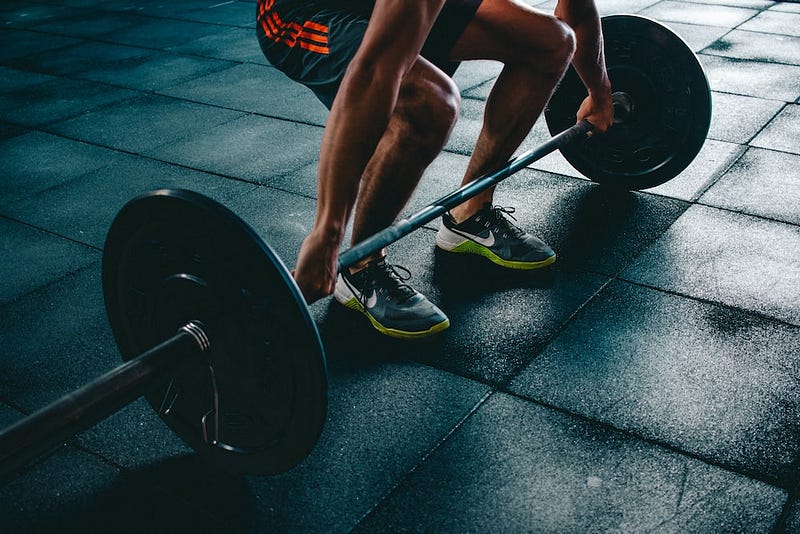
Exercise reduces stress. Chronic stress has been linked to a decline in cognitive function and hippocampal size decline. It also causes anxiety, increases irritability, affects concentration, and increases muscle tension (not great for aiming).
Exercise also releases serotonin which is a neurotransmitter that makes you feel good. It is produced primarily in the gastrointestinal system and the brain by a serotonin factory in the Raphe nuclei in the brainstem. It makes you feel happier, calmer, more focused, less anxious, and more emotionally stable.
Exercise also aids sleep because it is shown to facilitate falling asleep and have a deeper, more regenerative sleep. Physical activity improves sleep quality and increases sleep duration. Exercise may also bolster sleep in other ways, because it reduces stress and tires you out. Early morning and afternoon exercise may also help reset the sleep-wake cycle by raising body temperature slightly, then allowing it to drop and trigger sleepiness a few hours later.
More sources on exercise and reaction time.
For additional ways to optimize exercise for gaming, check out our lifestyle document.
Diet
What you put into your body either makes sure it operates like a well-oiled Ferrari, or like a rusty tractor. Cognitive function and reaction time depend on healthy nerves, proper blood and energy supply, and adequate neurotransmitter production.

For proper cognitive function, we require things like Zinc, Magnesium, Lutein, Vitamins A, C, E, B1, B3, B9, B12, and so on.
But can’t I just get that from a multivitamin?
No multivitamin can replace nutrients and minerals from a proper dietary source. A balanced diet also removes processed foods, and sugar that are linked to inflammation and decreased cognitive function.
If you had to eat one food for gaming, then take the mighty blueberry.
Blueberries contain anthocyanins and pterostilbene which are linked to cognitive performance most likely through its antioxidant properties and the increased production of nerve growth factor (NGF); a neurotransmitter that allows neurons to communicate with each other more effectively.
Here are some more foods for brain health.
Meditation
How can sitting still and not doing anything help my gaming?
Meditation is like going to the gym for the brain. It helps us practice the ability to focus our attention, regulate our emotions, and create self-awareness. We gain increased focus, become less reactive to stressful stimuli (calmer and less tilt), and become more aware of our mental and physical states.

The DMN (Default Mode Network) is a group brain region with a self-referential processing function. It is highly active when mind-wandering, which means we think about ourselves in the future and the past but are not in “the present.” Meditation is shown to decrease mind wandering and become present.
Mindfulness may release attentional resources otherwise engaged in the inhibition of task-irrelevant thinking associated with anxiety and thus facilitates the general efficiency of cognitive processes. Practicing meditation allows us to be more focused, more aware of ourselves, and separate our emotions allowing us to be less reactive. It allows us to think more clearly. Make decisions faster. Not become stressed by situations and perform better.
Studies show that practicing meditation for a period ranging from 3–4 months has great benefits on reaction time, general health, mood, and cognitive function.
Conclusion
No youtube tutorial video, supplement, or hack will provide greater benefits to your gaming performance than adopting a healthy lifestyle. It takes time, and effort but here at Voltaic we support each other on our individual journeys. For an extensive look and specific recommendations on beginning or improving your journey, please check out our Lifestyle guide and join our community.
Resources


